County’s Social Services Director, Shannon Ernst, made a presentation Wednesday to the Board of Health at the regular monthly meeting. Made up of the three county commissioners, Pete Olsen, Justin Heath, and Greg Koenig, along with Dr. Tedd McDonald, the county health officer, and Sheriff Richard Hickox, the Board of Health meets with community members and who make up the community COVID response team. Ernst provided updates on the county response to the pandemic.
As of March 19, 5,275 total doses of COVID vaccine have been administered with 86% of those doses given to county residents, 685 doses (13%) given to non-res- idents, and 63 doses (1%) given to non-res- ident county employees. Ernst noted for the Board that the county cannot restrict people from other counties from receiving the vaccine in Churchill County. Of the doses administered to county residents, 2,663 have received their first dose and 1,741 have received their second dose which means that 65% of the residents receiving doses are fully vaccinated. That is right at seven percent of the county’s total population.
Ernst also reported on the continued testing, saying that the number of tests administered is on a downward trend since February. A total of 10,832 tests have been completed and of those 9,933 were negative. There are currently 15 positive cases active in the community. The positivity rates are dropping, and it appears because of the vaccine, less people are getting tested. The county’s positivity rate now stands at 3.80 percent compared to the statewide rate of 4.80 percent. Ernst explained that they still want people to come in for testing, so they are working on expanding strategies to encourage that.
The issue of funding was also addressed by Ernst, who presented a spreadsheet showing a total of $2,624,129 in funding that is budgeted for COVID response through June 2023. CARES Act funding includes $1,472,941 from the Federal Treasury for virus personnel, equipment, administration and other needs. The Center for Disease Control (CDC) and other health-related federal units are providing $819,528 for lab personnel, $193,736 for vaccines, and a public information officer. In addition, $137,924 is expected from Community Services Block Grants (CSBG) that will allow the county to follow up with those impacted by the virus. Vaccine Points of Delivery (POD) are located around the county, and two PODs are being planned for Middlegate and Cold Springs.


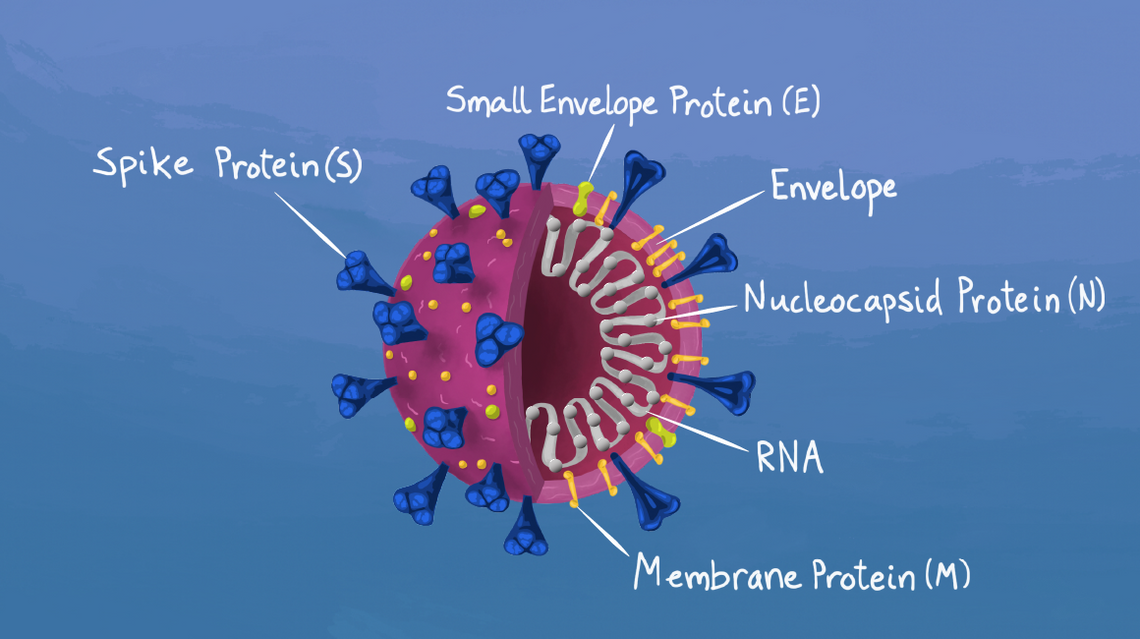
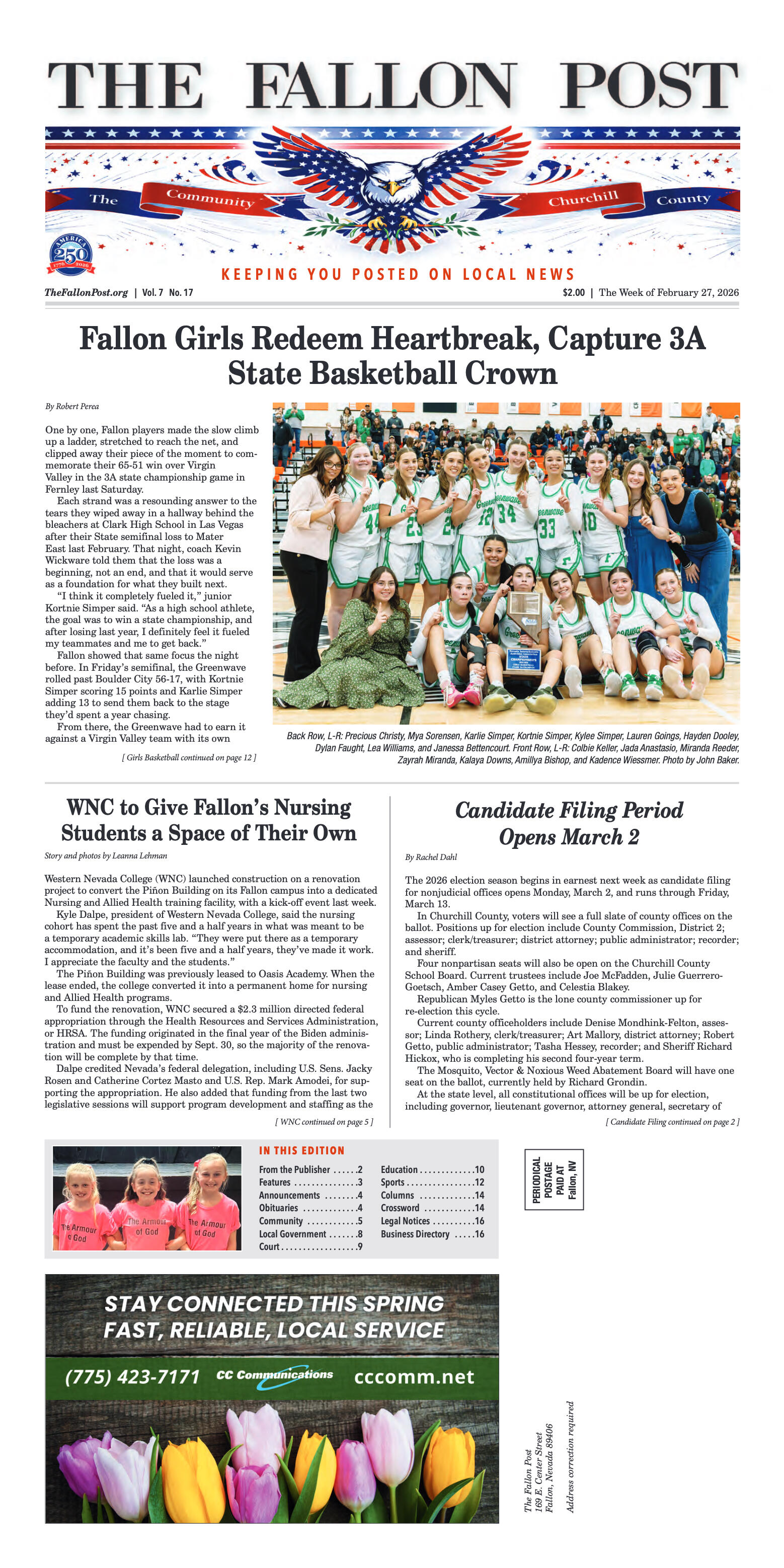
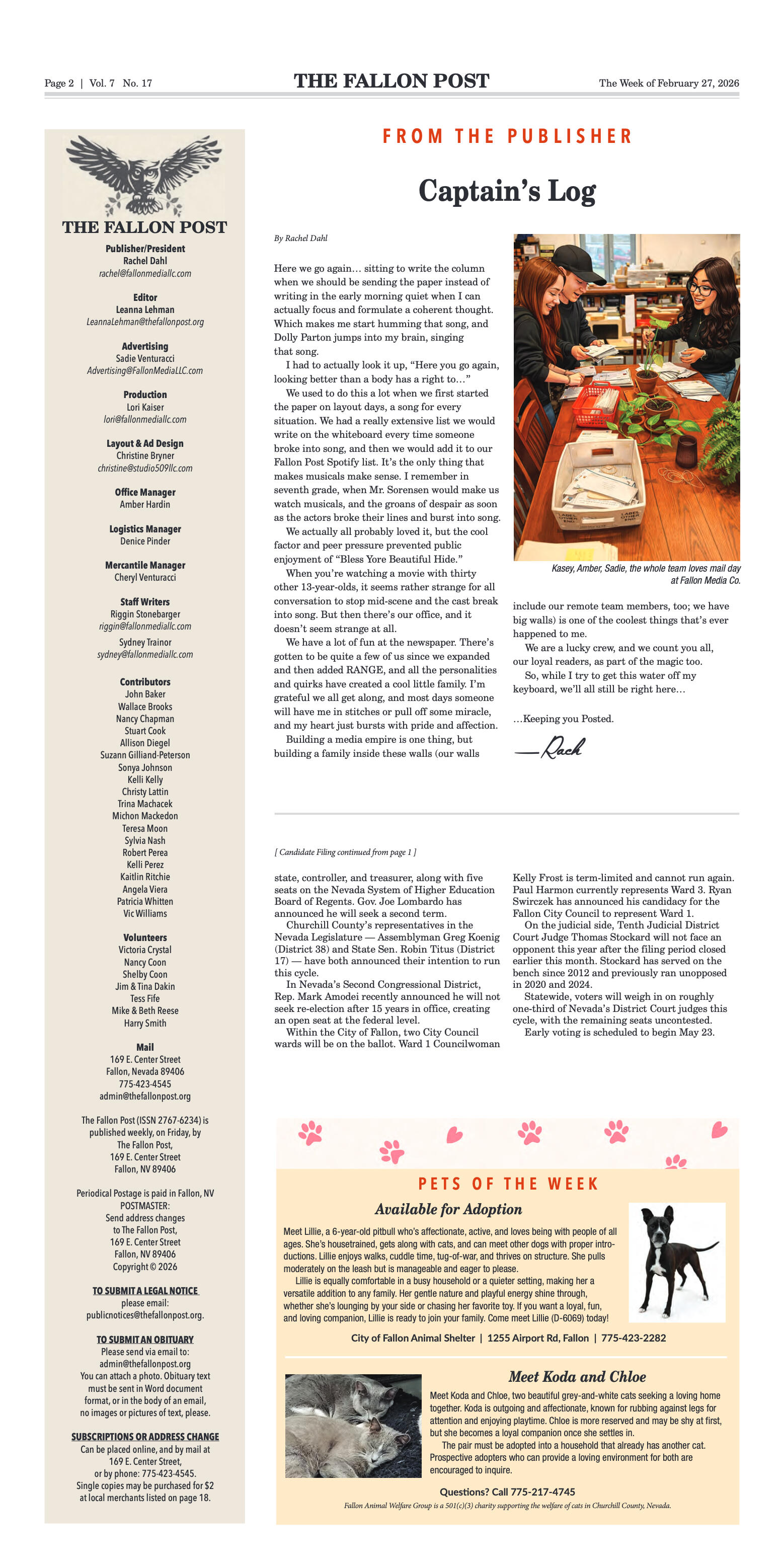
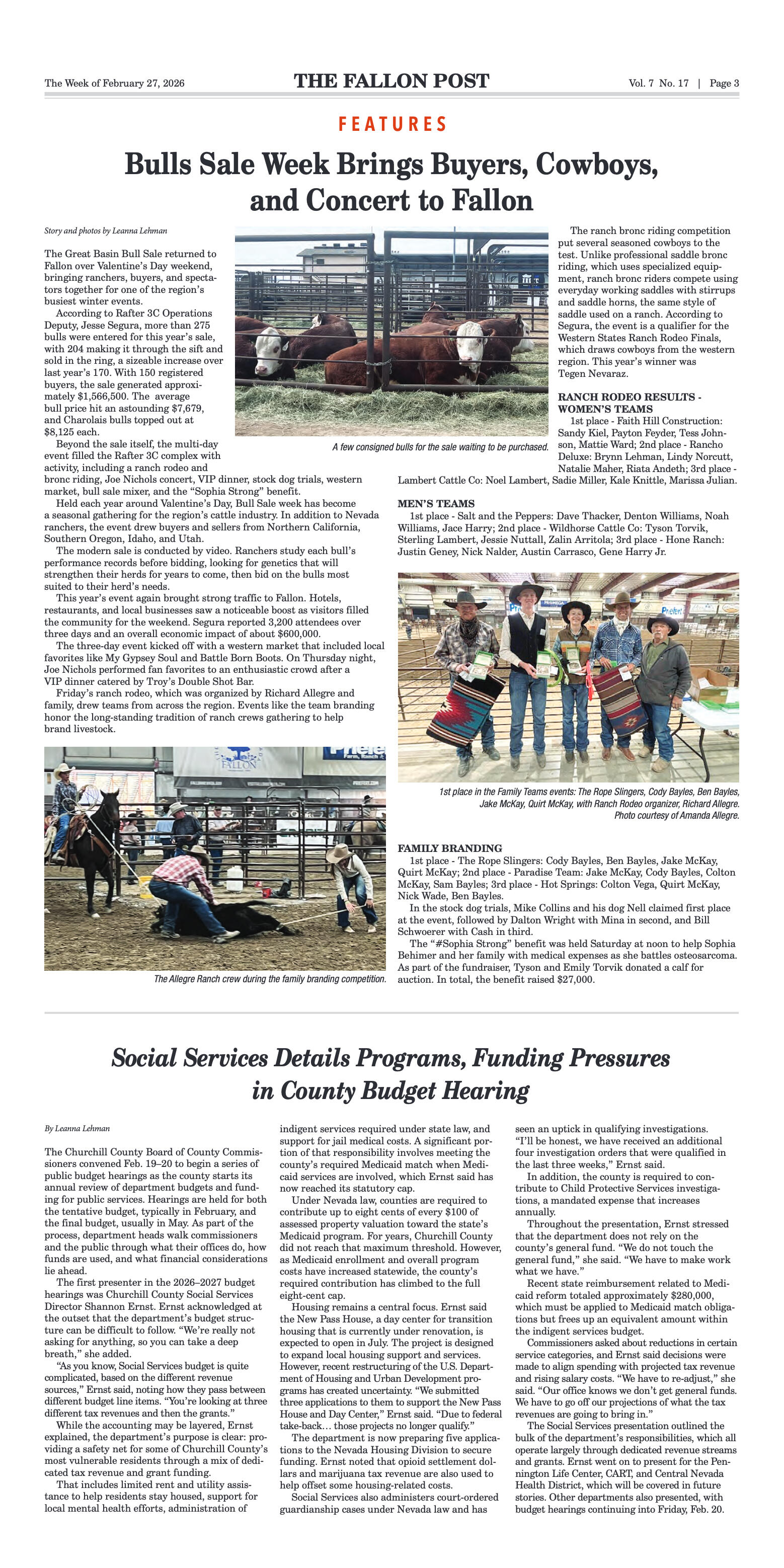
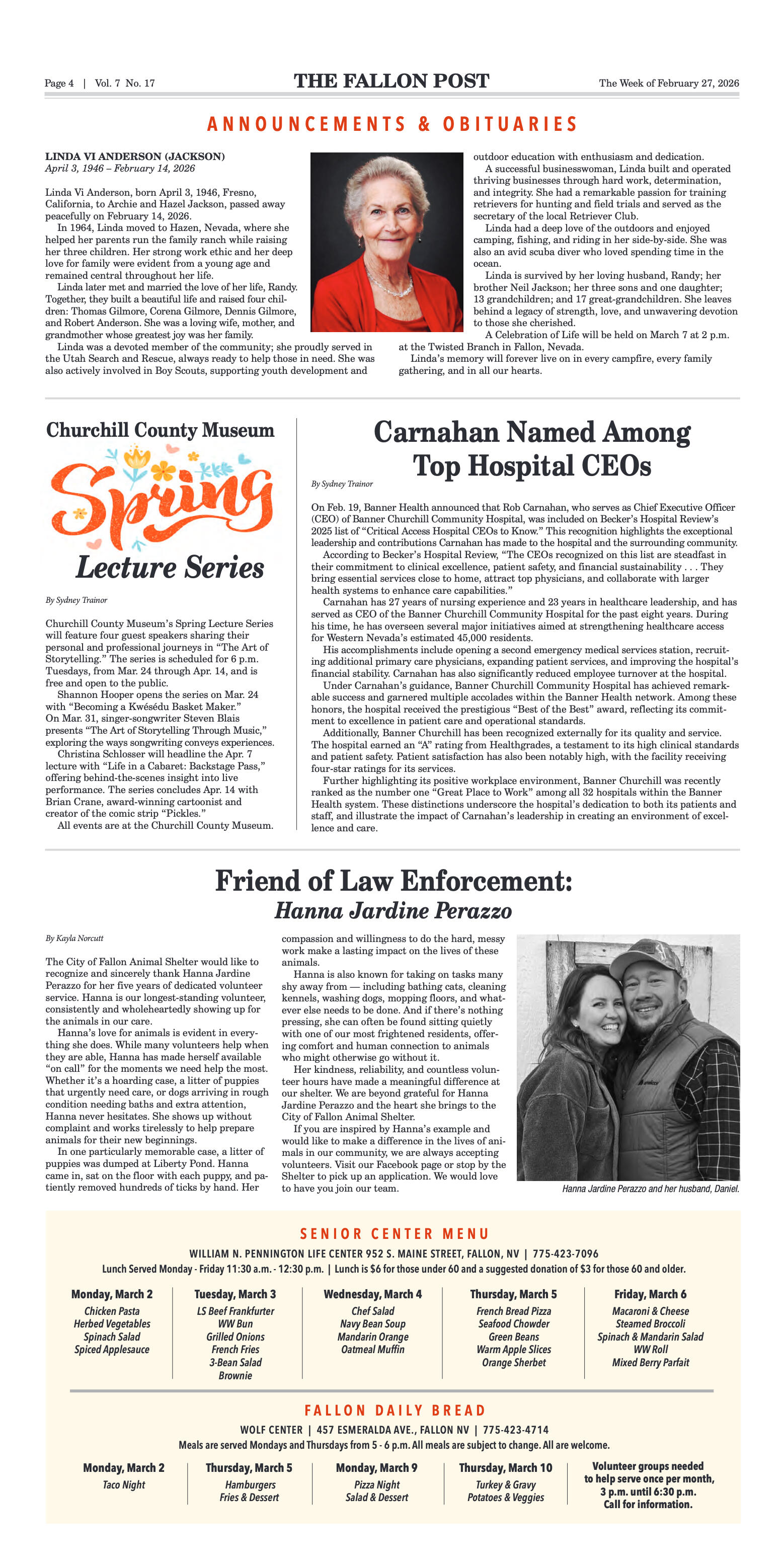
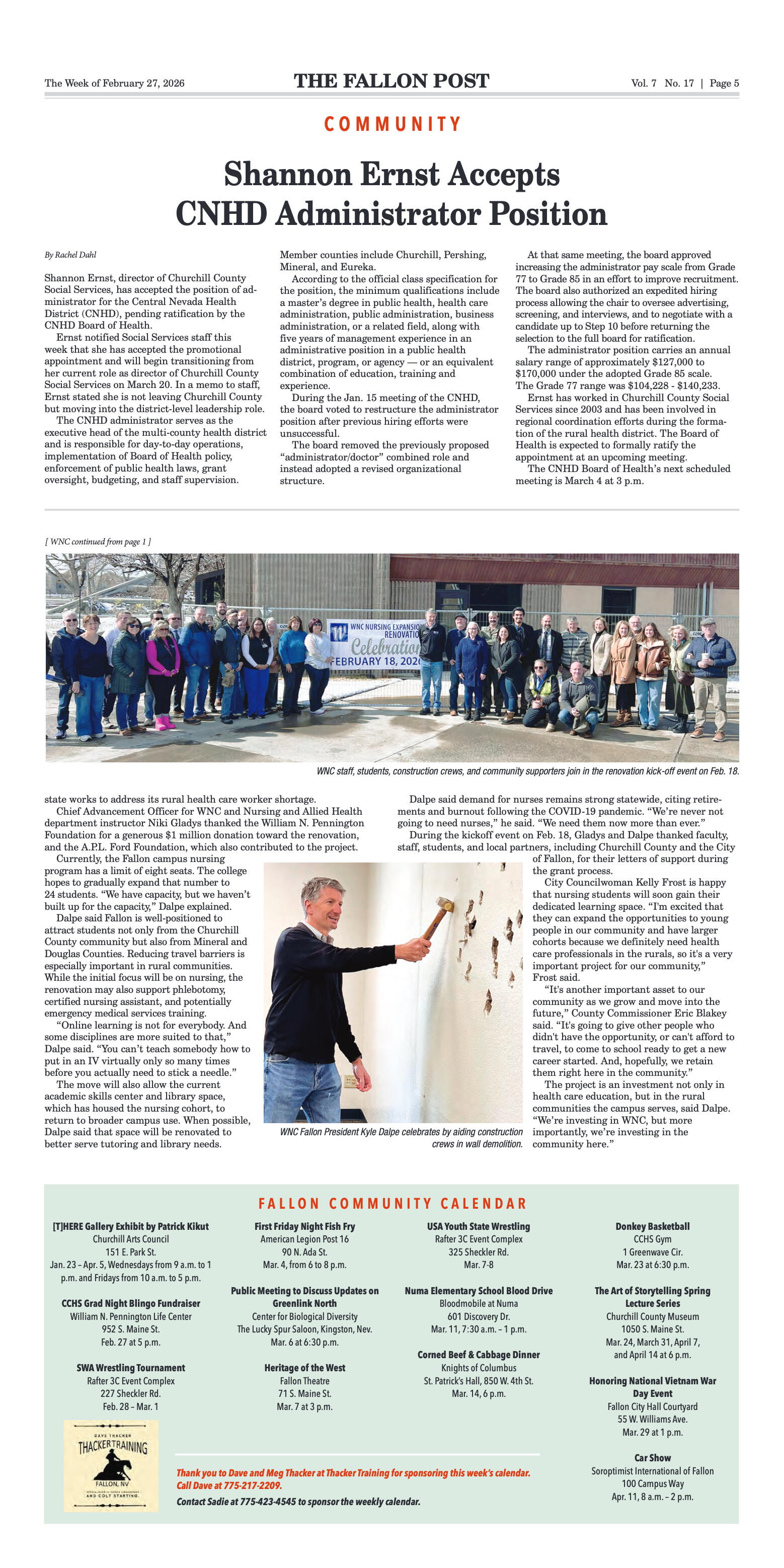
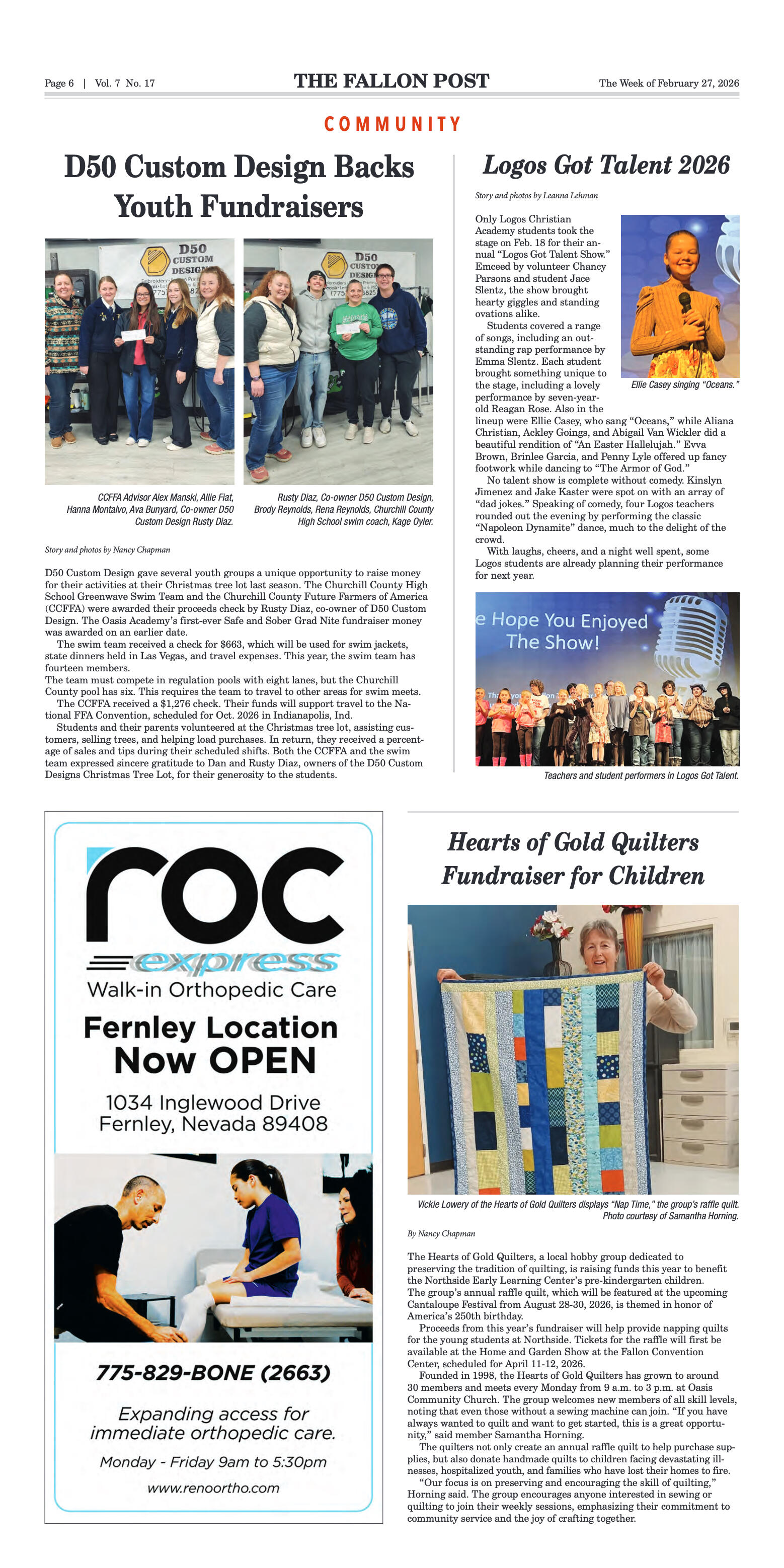

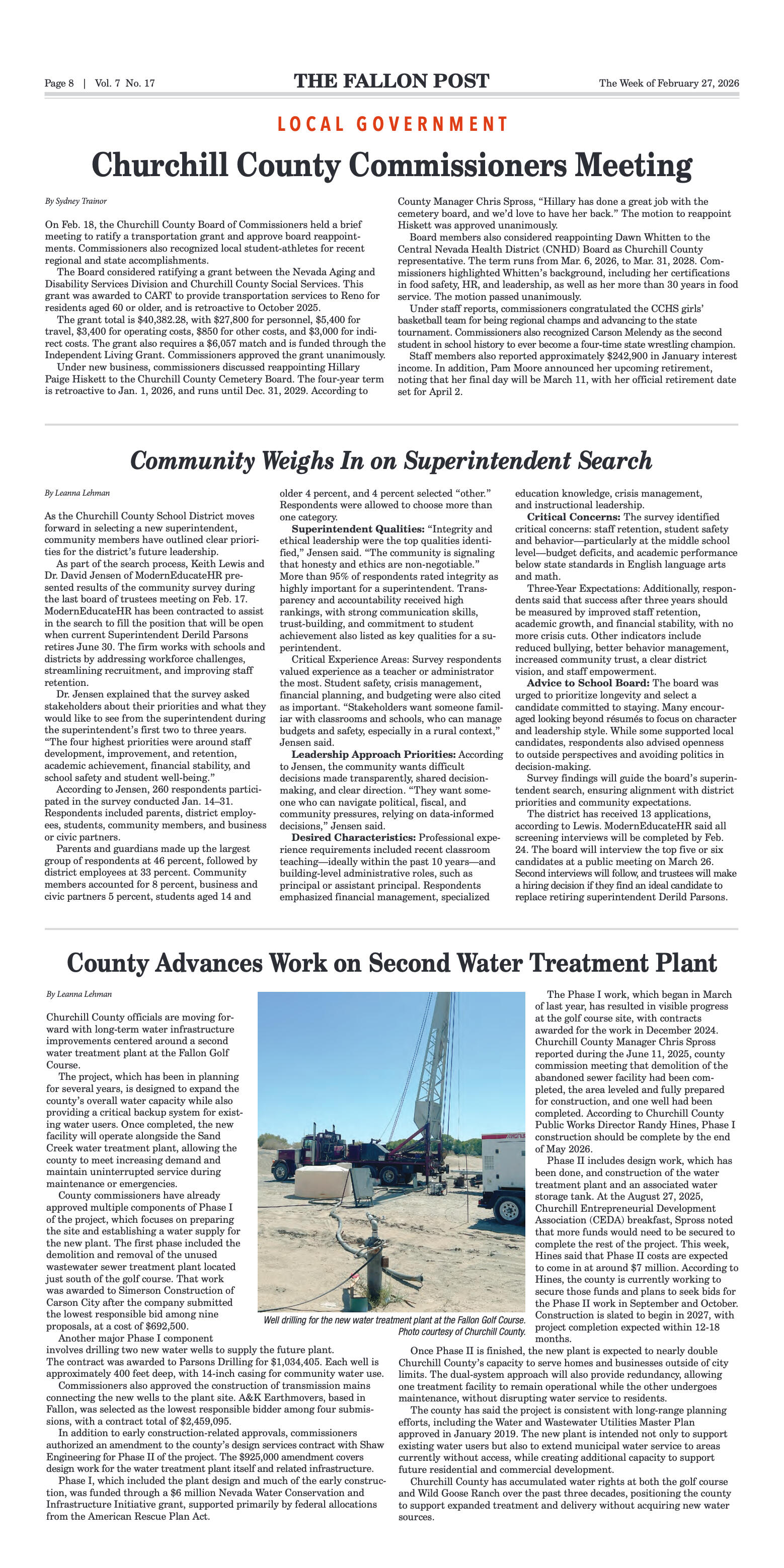
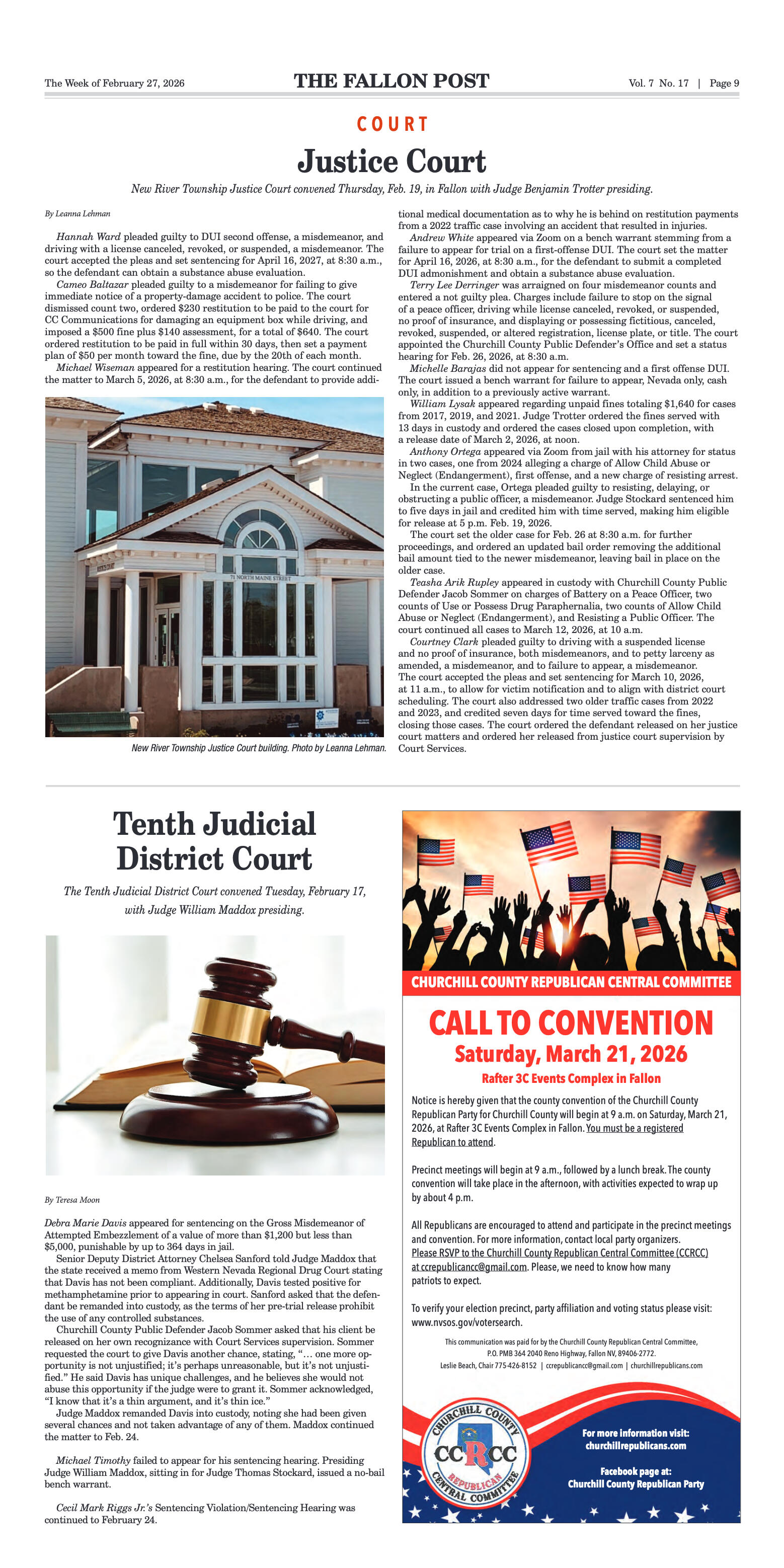
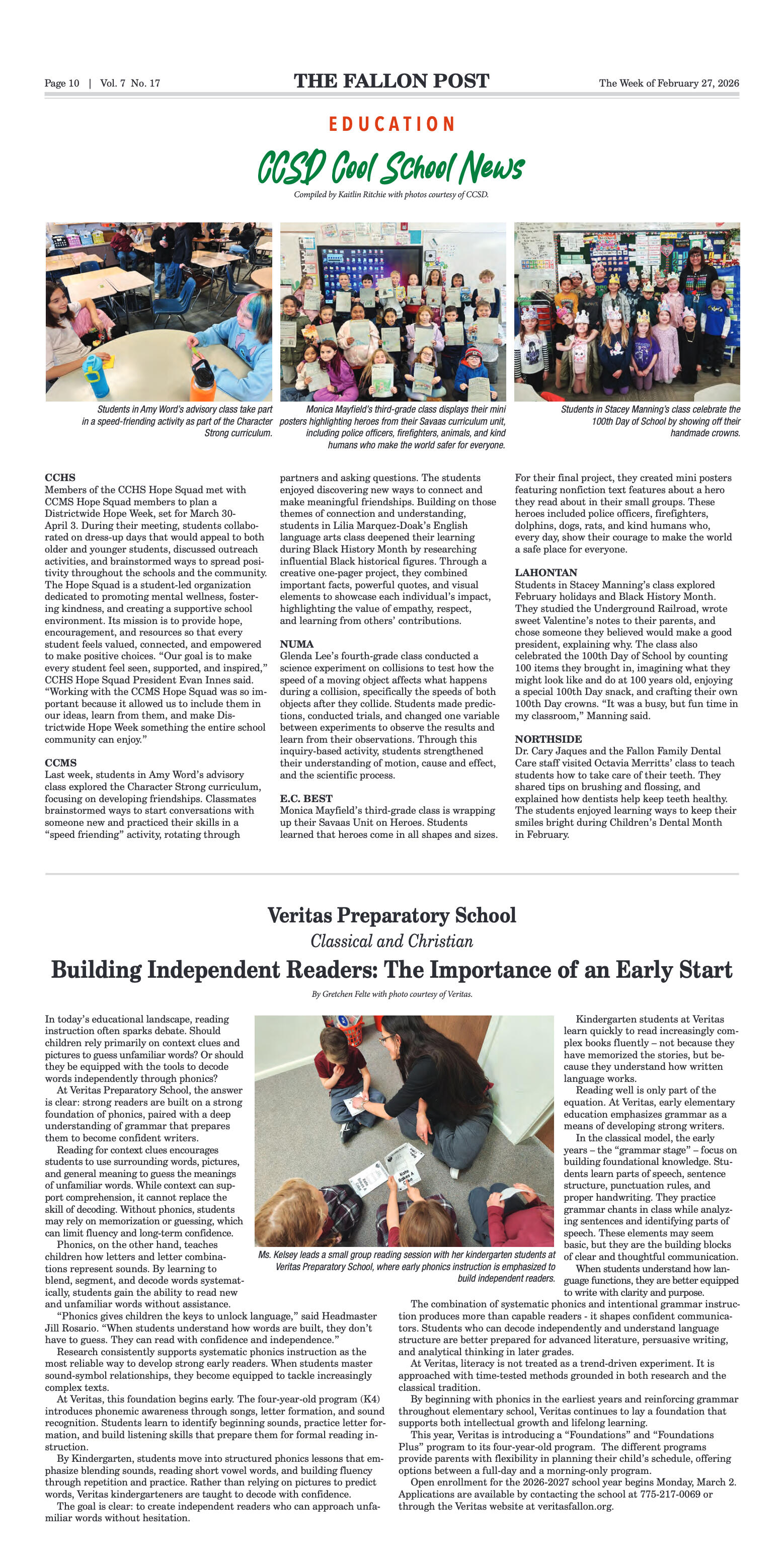
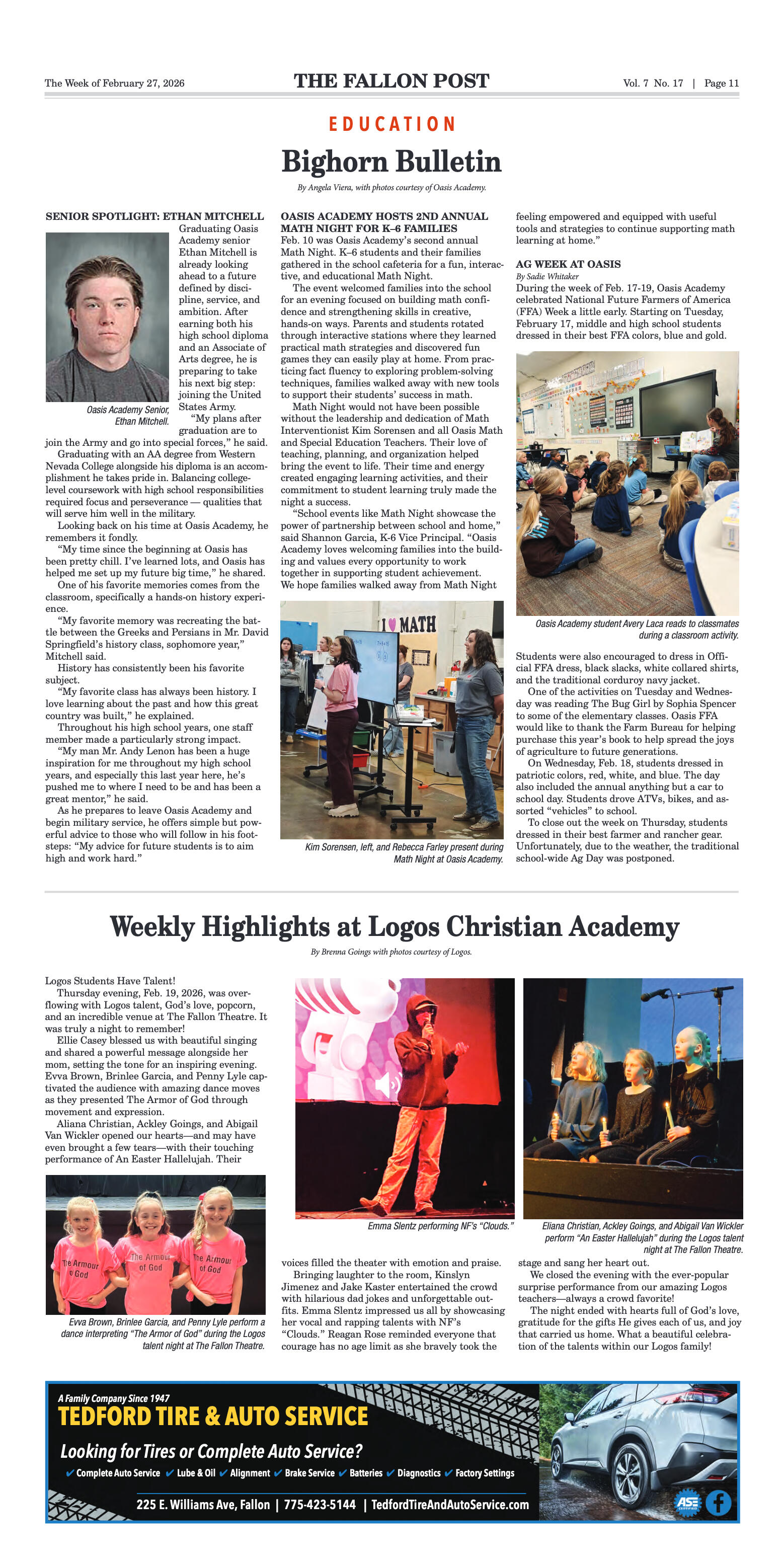
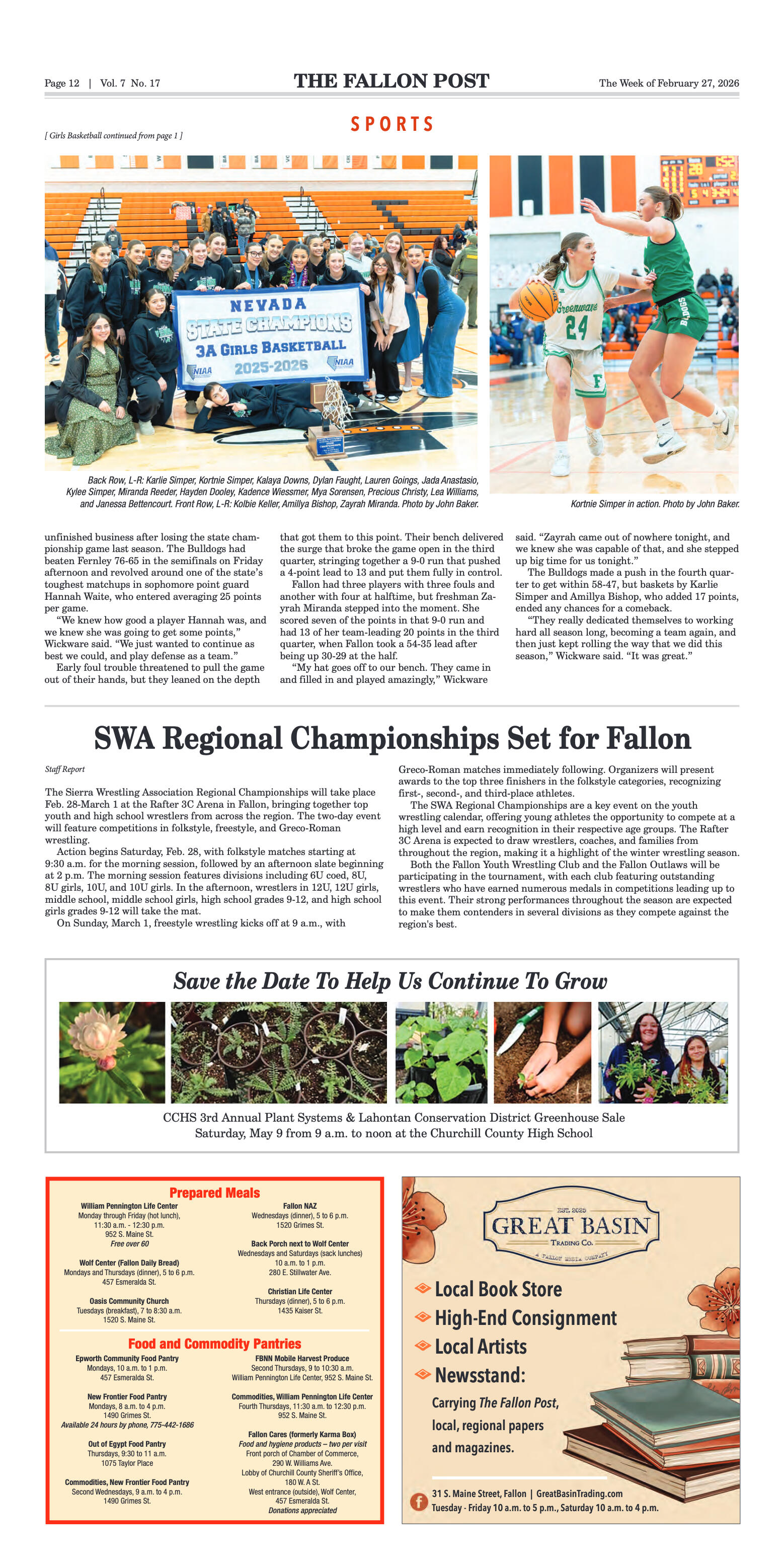
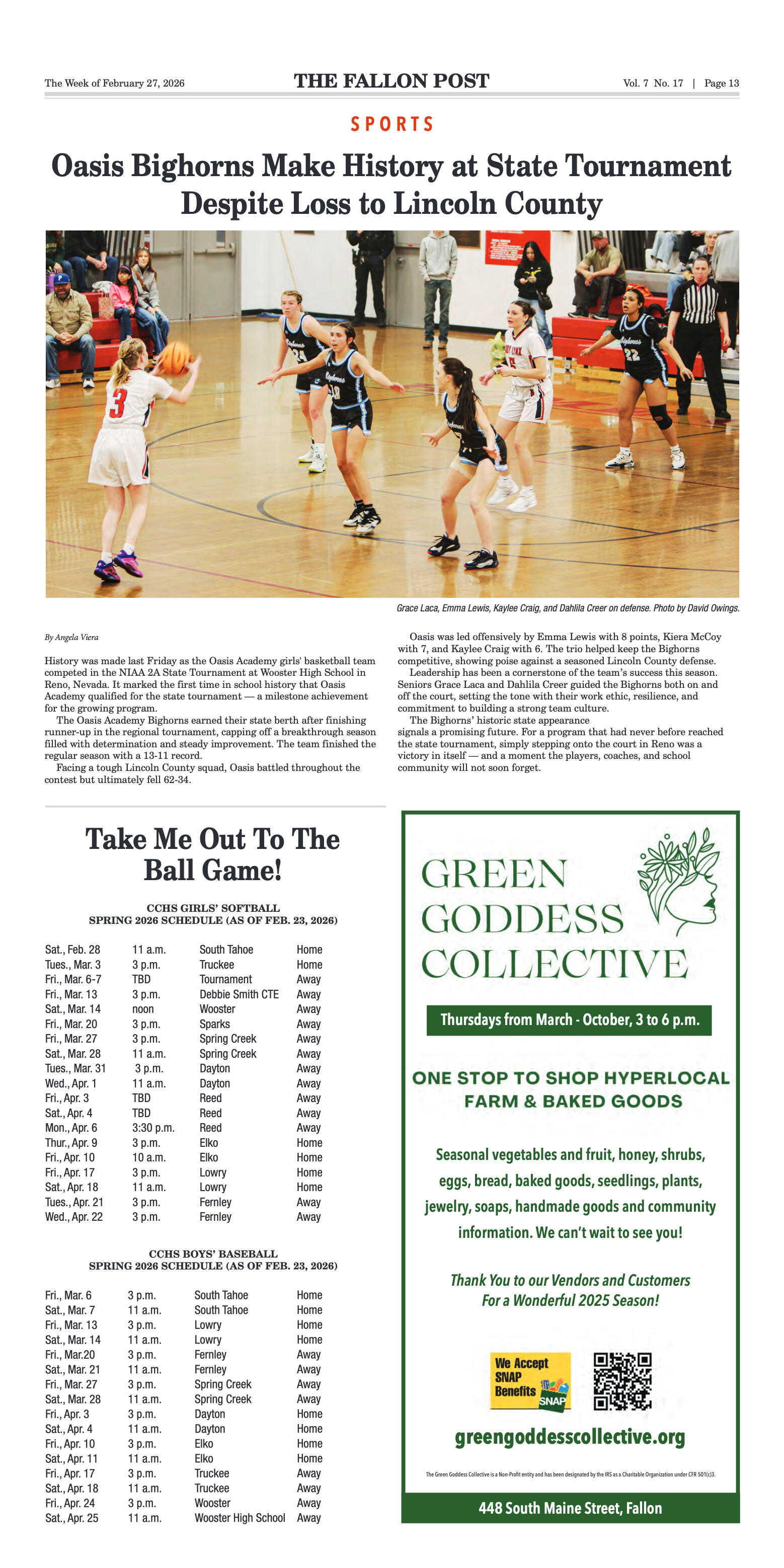
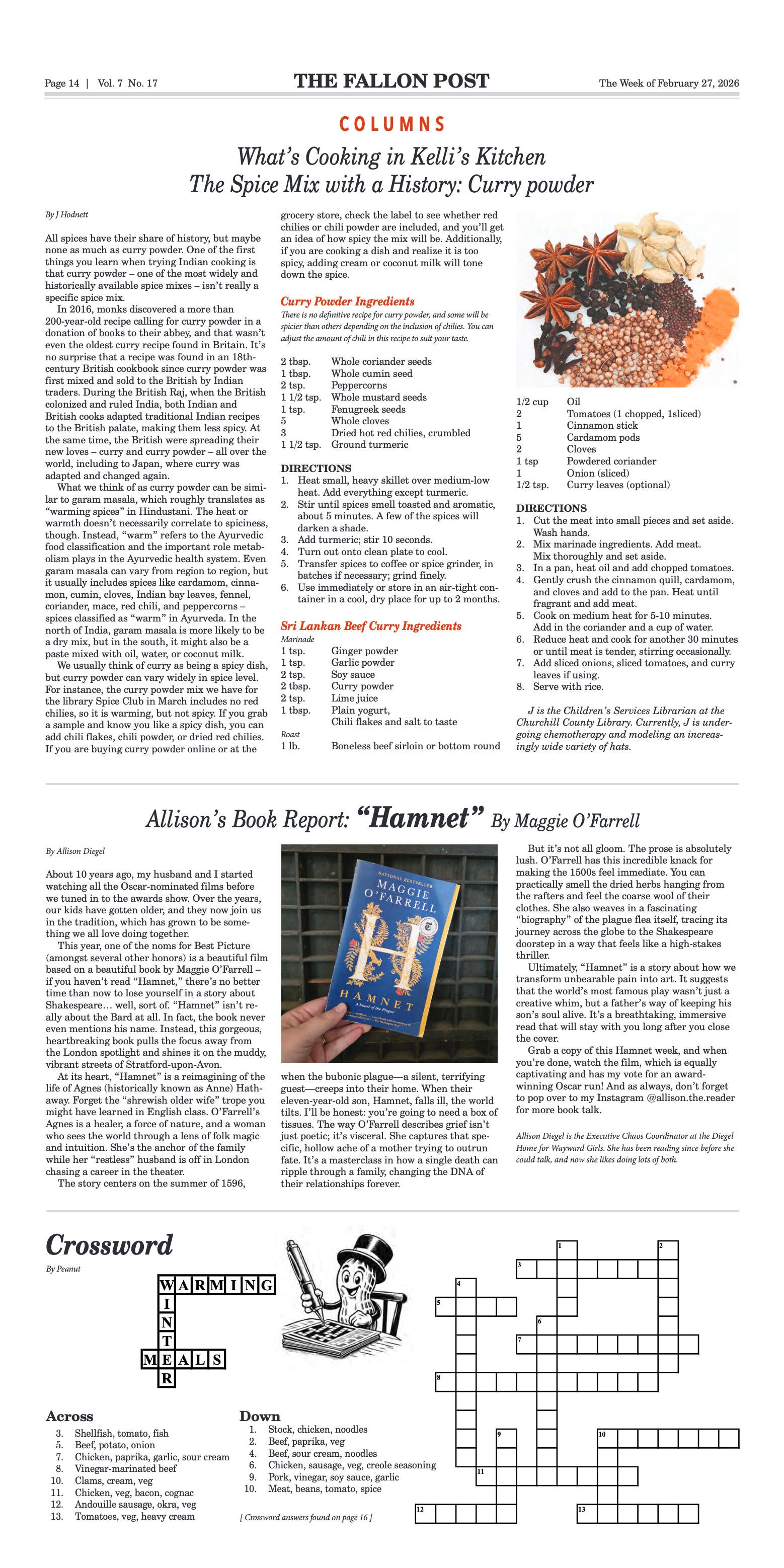
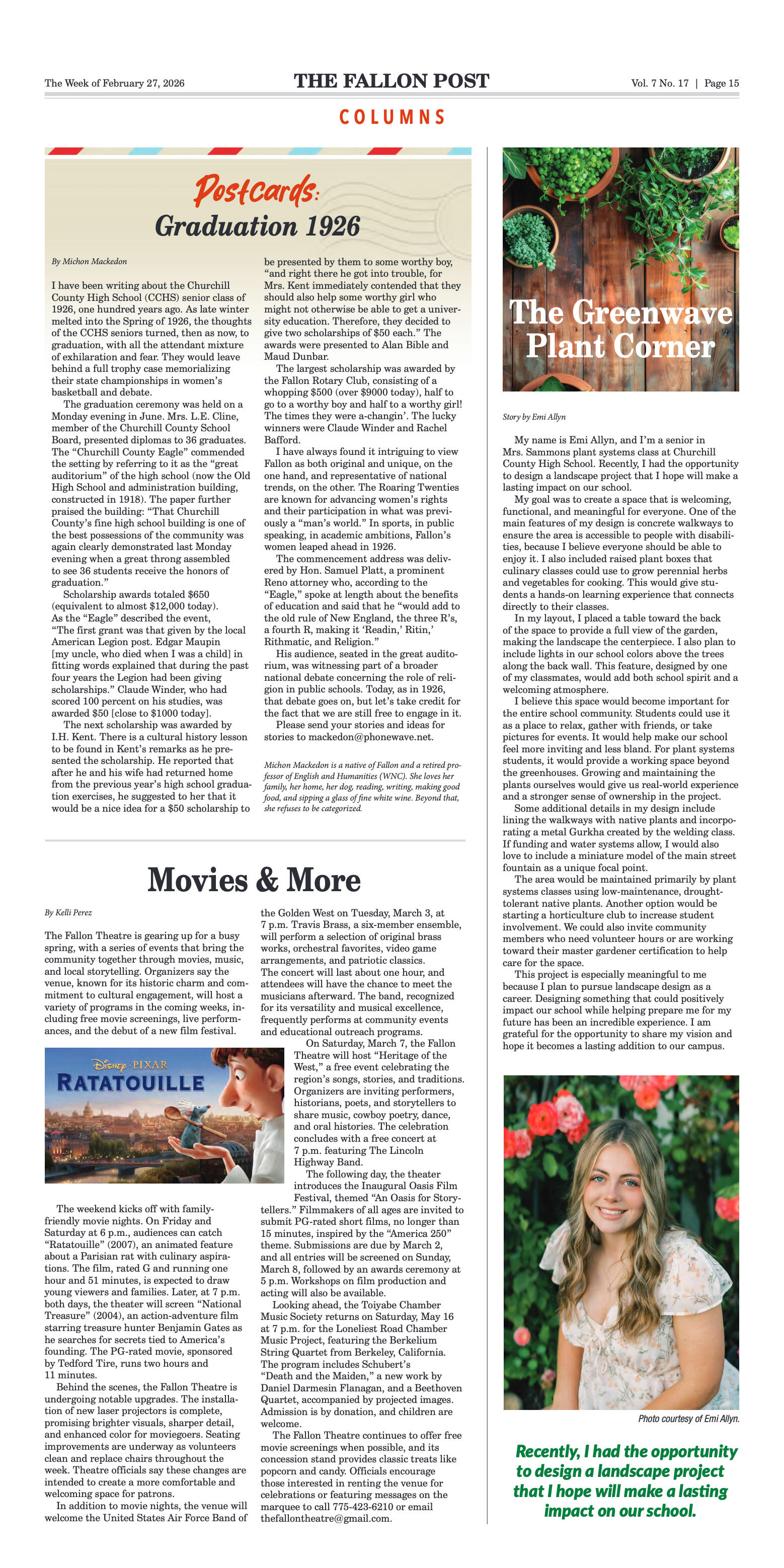
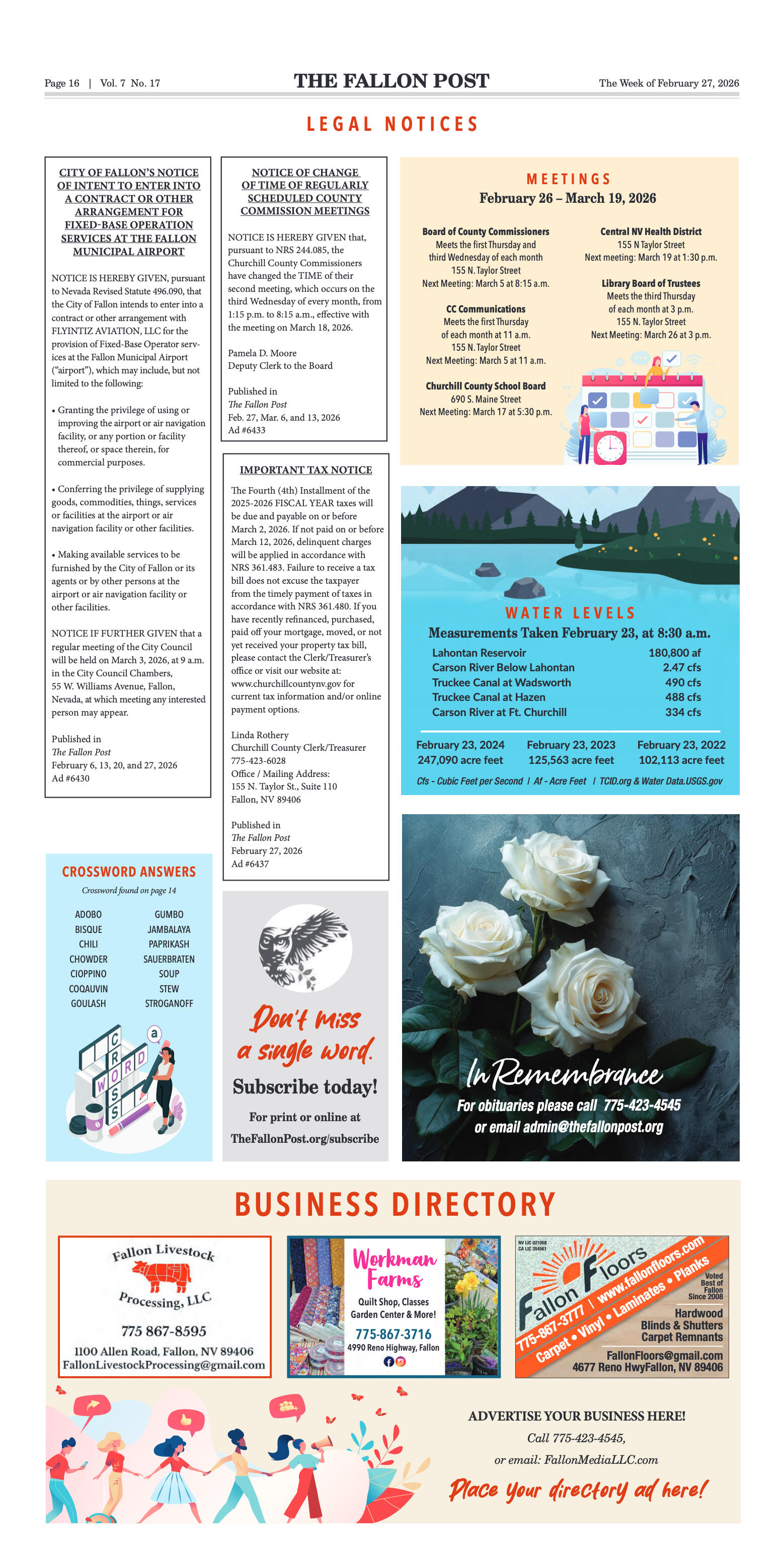


























Comment
Comments